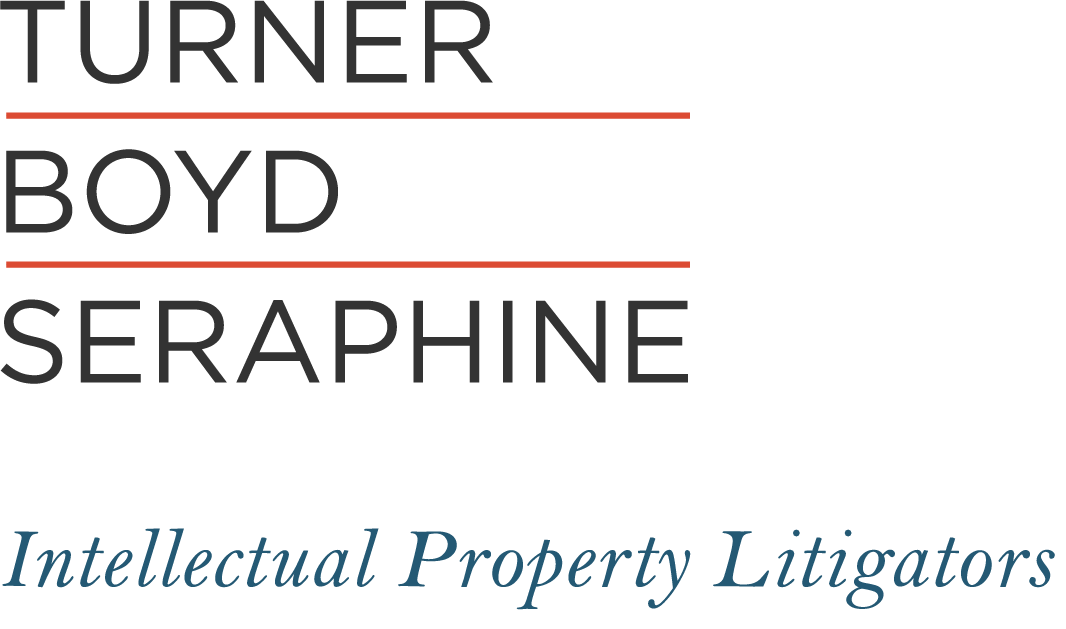Turner Boyd Wins At Trial: Establishing Rearden LLC’s Ownership of MOVA Technology Wrongfully Used in Disney’s Beauty and the Beast and Other Films
On August 11, 2017, Turner Boyd obtained a court decision that its client Rearden LLC is the rightful owner of a visual effects technology known as MOVA Contour facial capture (MOVA) used in the film industry. MOVA is technology that records an actor’s facial performance for use in animation, computer graphics, and similar applications. The decision followed a two-week trial held in federal court in San Francisco.The decision is pivotal because it allows Rearden to now proceed with four lawsuits filed against a number of movie and videogame studios – including The Walt Disney Company, Twentieth Century Fox, and Paramount – for infringing the MOVA copyrights, patents and trademarks, including in the making of blockbusters Beauty and the Beast and Deadpool.The facts of the case were themselves like those of a screenplay, with plot twists involving the Academy Awards; conspiring rogue employees; disappearing foreign entities, who then ‘reappeared’ on the eve of trial; and an international web of shell companies used, ultimately unsuccessfully, to keep MOVA outside the reach of the US courts.The dispute started between Rearden and former employee Greg LaSalle. While still employed, LaSalle secretly negotiated to sell MOVA, falsely claiming that Rearden CEO Steve Perlman had gifted him MOVA. Rearden proved at trial, though, that LaSalle had no right to transfer ownership of MOVA, because MOVA at all times belonged to Rearden under LaSalle's Proprietary Information and Inventions Agreement (PIIA) with the company.MOVA Contour won an Academy Award for Science and Technical Achievement in 2015. Shortly thereafter, a company called Shenzhenshi Haitiecheng Science and Technology (SHST) sued Rearden, claiming that it owned the MOVA technology. Turner Boyd attorneys proved at trial that SHST was a shell company used by California-based visual effects company, Digital Domain 3.0, Inc. (DD3), to shield DD3 from liability. Rearden also showed that DD3 knew of Rearden’s ownership claims when SHST claimed to have acquired MOVA from LaSalle.In response to the complaint, Rearden counterclaimed that it, and not SHST, owned MOVA as well as the associated copyrights, patents and trademarks. Rearden also sued SHST for infringing its intellectual property rights and stealing its trade secrets.Remarkably, in the middle of the case, SHST ‘disappeared’ when pressed by Turner Boyd for depositions of its officers. Another Chinese shell company, Virtue Global Holdings (VGH) – owned by the same parent company as DD3 – stepped in. At trial, Turner Boyd attorneys proved that the “purpose of this transaction on the part of VGH and SHST was to frustrate Rearden’s rights as a creditor and as the true owner of the Mova Assets.”“Turner Boyd won this case through superb legal acumen, brilliant strategic insight, attention to every detail, and unwavering, raw determination,” said Steve Perlman, Founder and CEO of Rearden. “What started as a straightforward employment matter unfolded into a highly complex international case, involving shadowy companies, and spanning many areas of law. Turner Boyd deftly handled every new obscure matter that arose, collaborating with specialists when needed, keeping the case clearly focused on the law and the merits every step of the way to a decisive victory. Rearden is deeply grateful to Turner Boyd and their affiliates for their extraordinary work.”In his August 11, 2017 Statement of Decision, Judge Jon Tigar of the U.S. District Court for the Northern District of California detailed these facts, and concluded that “Rearden, and not plaintiff VGH, former plaintiff SHST, or DD3, owns and at all relevant times has owned the MOVA Assets,” including the MOVA copyrights, patents and trademarks. The court ordered all MOVA Assets returned to Rearden immediately.Turner Boyd’s trial team was led by partners Jennifer Seraphine and Karen Boyd, and included Zhuanjia Gu, Keeley Vega, and Jacob Zweig, all of whom were integral to the win. Attorneys Frank Busch of Kerr & Wagstaffe LLP; Randy Michaelson of Michaelson Law Group; Jonathan Kirsch of the Law Offices of Jonathan Kirsch; and Ragesh Tangri of Durie Tangri LLP also contributed substantially to the successful outcome in the case.

